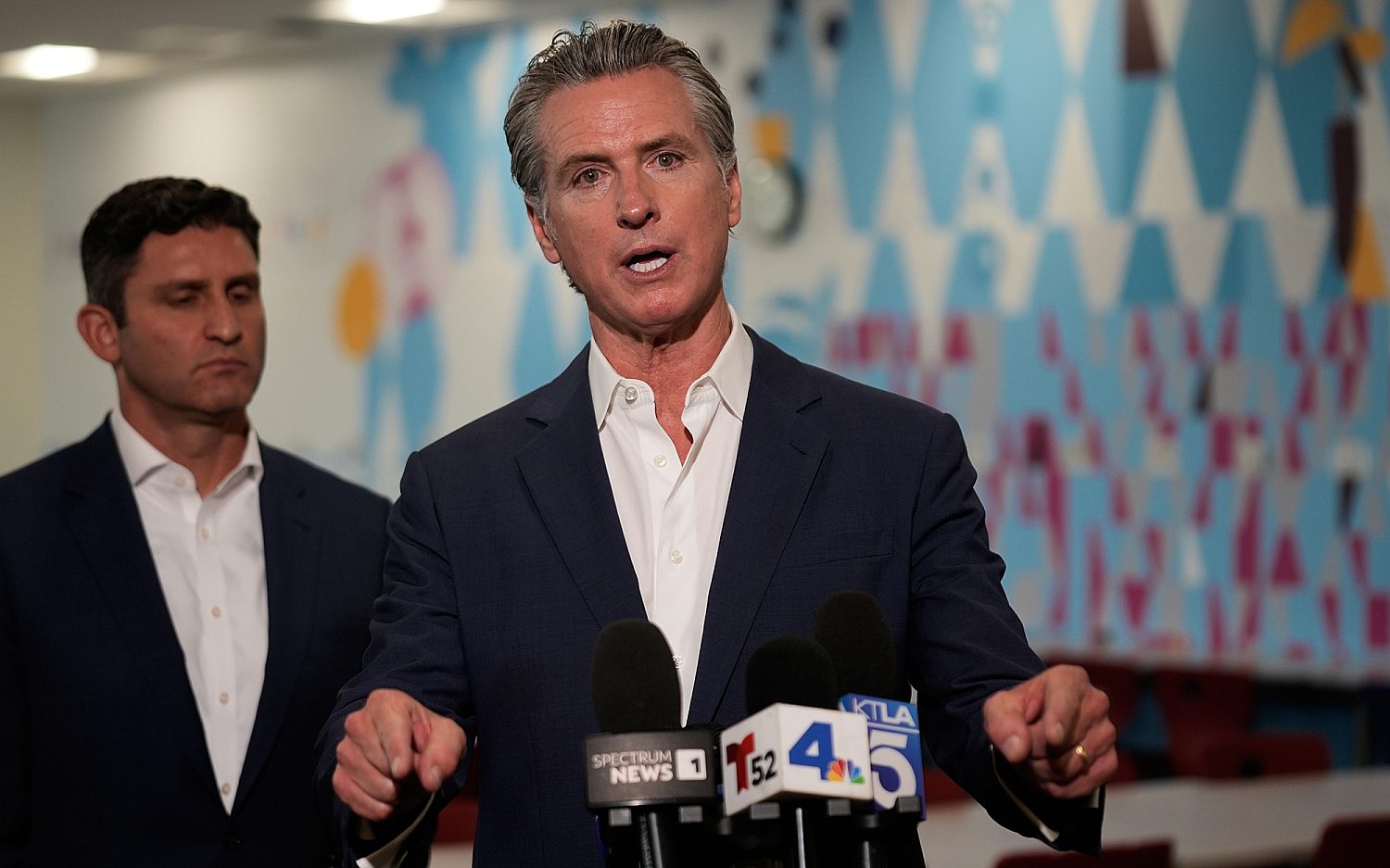Escalating violence
Shootings and bombings this week shake Iraq, with some pinning the unrest on a more militant, belligerent Iran
The past 48 hours have seen the worst violence in Iraq since U.S. troops withdrew from the country's urban areas at the end of June. On Friday in western Baghdad gunmen in a speeding car opened fire on a checkpoint run by the Sons of Iraq, the Sunni group allied with U.S. forces, killing two of its members. On Thursday bombs killed at least 60 people (some estimate as many as 75 dead). Coordinated blasts that day near an outdoor market in the Shiite district of Baghdad's Sadr City killed at least 18 and left dozens wounded. But the most lethal attack took place Thursday in the northern city of Tal Afar, a dusty, beleaguered town outside Mosul.
Tal Afar, the second largest city in Nineveh province behind Mosul, has a population mix of Sunni and Shiite with significant representation of Kurdish and Christian minorities. It has seen frequent militant attacks during the worst of Iraq's insurgency. When I traveled through it last September, however, most of the razor wire and concrete protection berms had been removed, and checkpoints had been reduced. Today I suspect that will change, as women, wailing and beating their chests in grief, gathered to sit in the street amid torn and bloodied bodies in the aftermath of suicide bombings. Several men crouched and wept into their hands, as others rushed wounded to ambulances, using in at least one case a bed sheet as a makeshift stretcher.
The violence in Tal Afar began at 6:30 a.m. Thursday, when a suicide bomber in a police uniform and carrying a radio and a pistol knocked on the door of a respected member of the police force's anti-terrorism unit. When the officer opened the door, the bomber detonated his explosive belt, killing the officer, his wife and his son, said Maj. Gen. Khalid al-Hamadani, police chief of the northern Nineveh province. As people gathered in the aftermath, another suicide bomber detonated his explosive belt, al-Hamadani said. An Iraqi army commander said the first suicide bomber was a local resident who had been jailed for one year on suspicion of terrorism, but was released in amnesty in June.
On Wednesday, car bombs in two Shiite villages near Mosul killed 16 civilians and injured more than two dozen.
A "plausible interpretation" of the recent uptick in violence, according to Stephen Biddle at the Council on Foreign Relations in Washington, "is that some Sunni [Sons of Iraq] leaders are trying to send a message to Maliki-and the United States-that there are costs in threatening their interests or abandoning them to their fates."
Other observers also suspect that renewed unrest in Iraq may be fed by a more militant, belligerent Iran. Ties between Shiite leaders in Tehran and both Shiite militants and the Shiite-led government in Baghdad are significant. Muqtada Sadr, leader of the Mahdi Army, has spent much of the last year in Qom, where Iran's leading ayatollahs gather. And the commander of the lethal al-Quds Brigade, Gen. Qassam Suleimani, operates on both sides of the border. He is a key figure behind the current crackdown against protesters who support reform candidates in Tehran, a close protégé of President Mahmoud Ahmadinejad who reports directly to Supreme Leader Ali al-Khamenei, and has served as a mediator in Iraq. Last year, Suleimani allegedly brokered a kind of détente between Maliki's government in Baghdad and Sadr's Mahdi Army, which threatened to undermine the government both politically and through violence. For Maliki to quell both Sunni militants and Shiite fighters in his own Iraq, he may need to listen to those in Iran directing the crackdown against citizen protesters.
That crackdown continues, but protesters aren't giving up. Thursday marked the 10th anniversary of another bloody confrontation between student protesters and the Khamenei-led government, and reform-minded protests took to the streets once again-if in smaller numbers than in previous weeks. Nighttime vigils have continued also, with Iranians now regularly taking their protests to the rooftops, where chants of "Allahu Akbar," or "Allah is great," ring out into the night. Unnerved by continued confrontations, even after one Iranian official this week vowed to "smash" the opposition, officials turned off mobile phone service and blocked internet usage for three days.
Iraqis, particularly those among the Shiite majority with family ties to Iran, are watching events in Tehran closely. But Iraqis who spent 30 years under Saddam Hussein can recognize a dictatorship when they see one. Asked in Karbala, a Shiite holy city south of Baghdad, about recent events in Iran, one resident said, "The Iraqis see what a religious dictatorship brings-and don't want any part of it."
An actual newsletter worth subscribing to instead of just a collection of links. —Adam
Sign up to receive The Sift email newsletter each weekday morning for the latest headlines from WORLD’s breaking news team.





Please wait while we load the latest comments...
Comments
Please register, subscribe, or log in to comment on this article.